Capacity building of Anganwadi teachers in Telangana
M Sreenivasa Rao and Sujatha Raavi, in their essay, foreground the need to undertake capacity building of Anganwadi teachers on an urgent basis, to ensure equitable and effective ECCE in India at scale; they illustrate this by drawing upon their experiences from APF’s work in this area in Telangana.
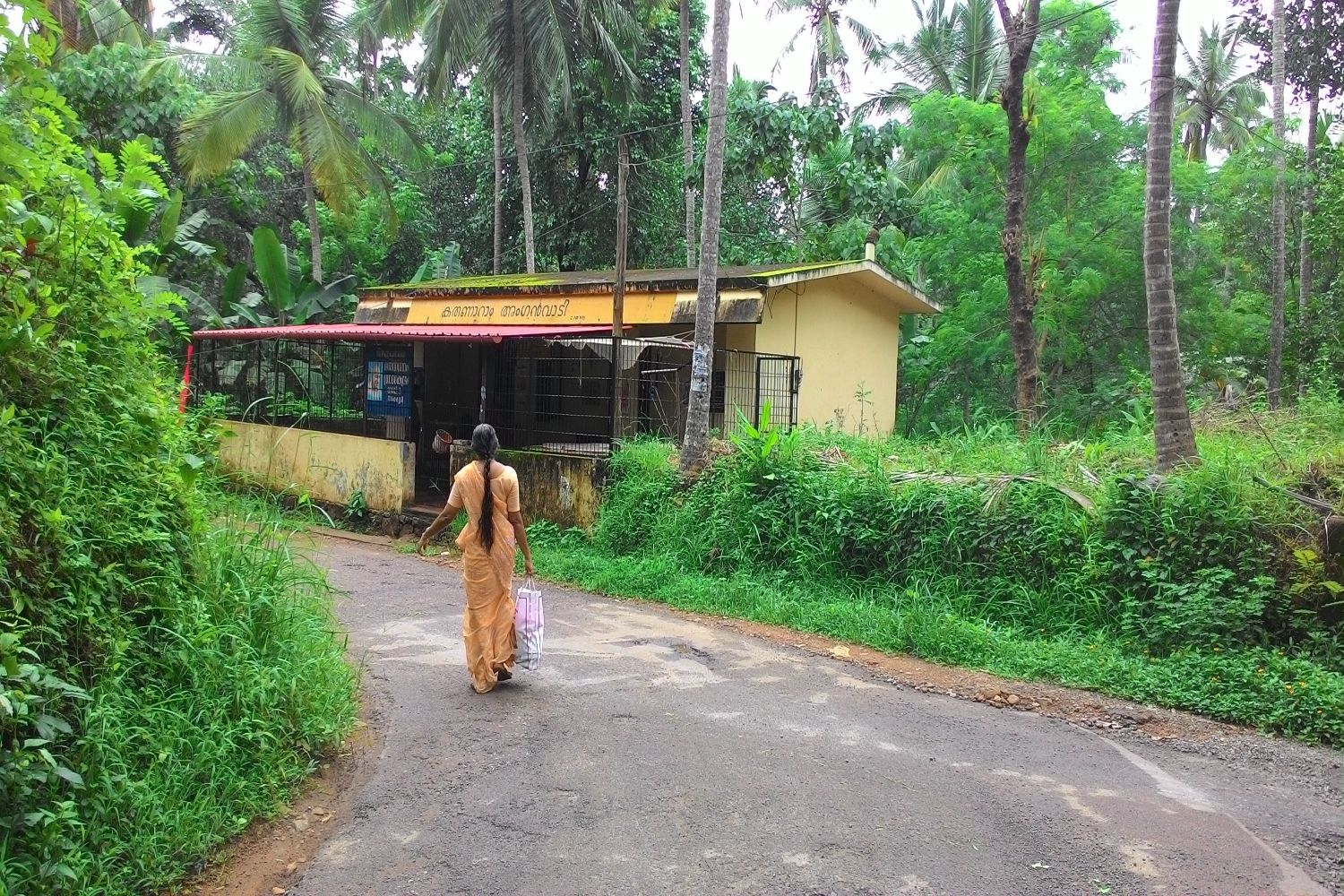
ECCE in India and ICDS
Early Childhood Care and Education (ECCE) is considered one of the best investments a country can make to promote lifelong learning opportunities and prevent later remedial interventions. India’s Integrated Child Development Services (ICDS) scheme is the world’s most extensive childcare program started in 1975. The service addresses the needs of children, adolescent girls, and women from disadvantaged communities.
ICDS currently caters to more than 71.22 million children below six years of age and 14.83 million pregnant and nursing mothers. It operates through 13.87 lakh Anganwadi and Mini-Anganwadi centers across India. Early Childhood Education (ECE) is one of the six services of ICDS that is provided to three- to six-year-old children through Anganwadi Centres (AWC) managed by Anganwadi Teachers (AWT) and Anganwadi Helpers (AWH). The primary purpose of ECE is to prepare a child physically, emotionally, socially, linguistically and cognitively for formal schooling.
Capacity building of Anganwadi teachers for effective ECCE
In this article, we will discuss the current scenario of AWT capacity building in India, the challenges AWTs face, the importance of AWT capacity building, and the initiatives taken by Azim Premji Foundation (APF) to address the gaps in capacity building efforts.
APF has been working in the field of school education since 2001 to improve quality of education. The foundation recognizes that quality ECCE positively contributes to children’s long-term development and learning.
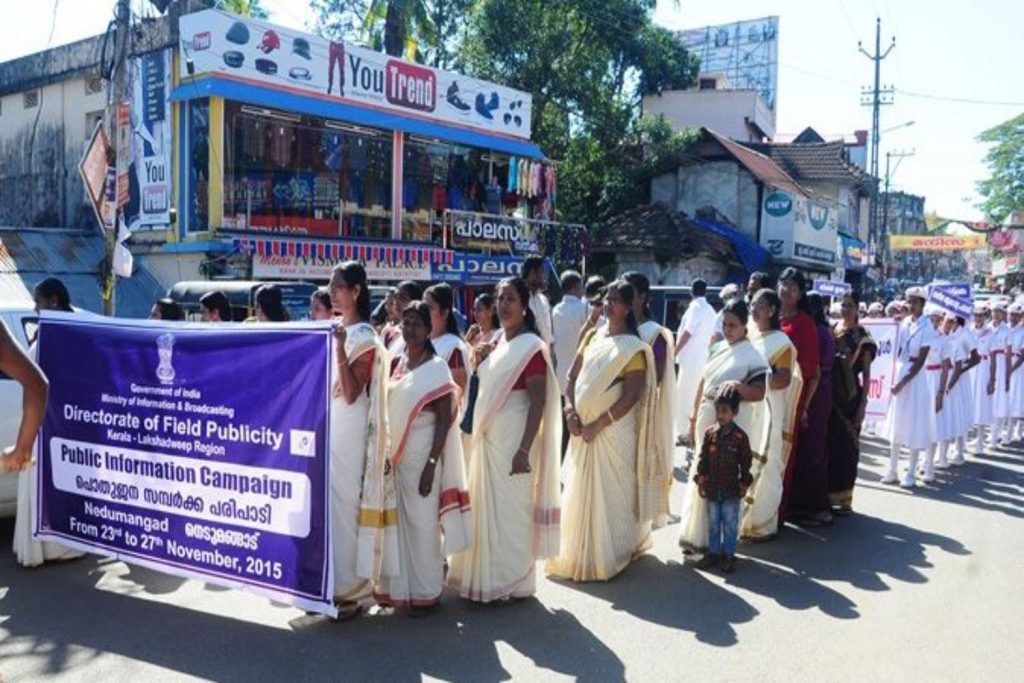
Anganwadi Centers are the basic unit of childcare and service at the village level. These form a critical link between the community and child development and women’s welfare services assisted by a helper. The AWT is a community-based frontline honorary worker selected by the district-level committee for implementing ICDS services. The efficacy with which they discharge their responsibilities depends mainly on their training.
National Institute of Public Cooperation and Child Development (NIPCCD) provides a 30- day job training course (JTC) to Anganwadi teachers through Anganwadi Training Centers (AWTCs), out of which only four days are spent on early childhood education. During the inservice period, a seven-day refresher training with emphasis on health and nutrition, and record maintenance is conducted. It has a less than adequate focus on education.
The duration, frequency and connectivity between the workshops and support in implementing the learnings are the key hindrances to the capacity building of AWT in ECE. AWTs need to be more adequately prepared as ECE teachers, so that they can better engage with children. This became evident from a study conducted in Telangana’s Sangareddy district in 2014.
APF’s Sangareddy ECE initiative
The Sangareddy ECE initiative, launched in 2014 in collaboration with the state government, was the foundation’s first foray into the ECE domain. It aimed to transform AWCs into vibrant learning centers for children aged three to six years old and enhance their prominence as educational institutions. The foundation believes that well-trained Anganwadi teachers (AWTs), capable of planning and implementing developmentally and culturally appropriate curriculum, are key to delivering high-quality ECE.
To address the gaps in capacity building efforts, APF introduced a multi-model training approach for AWTs and helpers at 40 AWCs. This approach includes quarterly workshops, sector meetings and onsite support. The workshops enhance teachers’ understanding of ECE, the physical environment, and the community’s role in child development. Sector meetings provide an opportunity for discussions, demonstrations, and hands-on experience in monthly curricular activities. The foundation’s team also provides onsite support, actively observing and giving feedback to build AWTs’ confidence in engaging with children.
In Phase I, the foundation conducted quarterly three-day workshops to enhance teachers’ understanding of ECE, the physical environment, and the community’s role in child development. Teachers also participated in brief two-hour engagements in selected projects during sector and project meetings. However, it was observed that teachers faced challenges in effectively applying the workshop learnings in Anganwadis.
The current capacity building program has evolved and is well-regarded by teachers and functionaries. The foundation’s team closely monitors the impact of training in classrooms during their visits to AWCs. Additionally, a full day workshop (five hours) at the sector level is conducted, facilitated by an APF resource person in the presence of a supervisor.
The foundation developed a set of teaching practices to establish a model Anganwadi center. They were designed to address the teachers’ needs and fulfill gaps in current teaching practices, and were based on our experiences, observations and interactions with teachers and other stakeholders.
The first set of modules sought to improve skills to implement a minimum basic program that covers play, conversations, songs/rhymes, stories, and art activities, along with setting up a learning-supportive environment. The second set of modules was designed to give an in-depth understanding of child development through detailed practice and content-based sessions focusing on emergent literacy, concepts and pre-numeracy, and children’s assessments.
In this approach, teachers got opportunities to share their understanding and experiences along with learnings from peers. In addition to ECE domain-related sessions, AWTs were oriented on personal and professional development aspects like time management, prioritizing, building and maintaining relations with the community, etc.
APF’s resource person and supervisor provide support at various levels to build confidence in engaging with the community and organizing the ‘ECCE Day’ effectively, by showcasing children’s work of that month. This was done in collaboration with functionaries in the district. The functionaries and the APF team sat together and planned many such activities regularly to facilitate child development.
The monthly sector meeting engagement provides an opportunity for discussions, demonstrations, and hands-on experiences in monthly curricular activities by using appropriate materials. Overall, the teacher develops an understanding of how to conduct the curricular activities in an effective manner with the children. As a follow-up engagement of the workshop and the sector meeting, APF team members provide onsite support to AWTs to build confidence and remove hesitancy through activities like action songs, dramatization, plays, etc., with children.
This engagement includes active observations and giving feedback on teacher practices and center arrangements for further improvement, need-based activity demonstrations, discussion on planning and implementation, and the use of available resources. This will build the confidence of AWTs in handling multiple situations comfortably and make them independent in a sustainable manner.
To strengthen the support system to AWTs, we engage with functionaries to enhance their understanding of ECE and their role in the better functioning of AWCs. Many community members have started contributing to strengthen the AWCs, and it has helped the teachers to take on more responsibilities for child development.
Improving AWCs’ effectiveness: what the stakeholders say
“Children who attended a quality program in an AWC for more than a year adjust well to the primary school system. They display better social, language and cognitive skills compared to children in the same class who have joined without experience of AWC.” – Primary school teacher
“Regular refresher training does enhance our abilities and skills. Earlier, I could conduct a few activities such as songs, conversation, good habits and games to some extent. After getting support for my capacity building efforts through workshops, I have understood that environment, materials, approach, and surroundings also greatly impact a child’s thinking and learning. Now I can confidently engage with children independently.” – AWT
“Orientation on the importance of safe, secure and hygienic practices and the role of helpers in ECE helped me ensure clean and safe surroundings in and around the center. Parents recognized this, which made me happy.” – AWH
“Earlier, I have seen children in AWC singing songs and writing the alphabets and numbers on slates. Now, after attending ECCE Days regularly, I have come to know that many other activities are undertaken by teachers and their importance for children’s development. I am happy to send my child to the AWC daily.” – Parent
Effects of the work
Understanding the effects of our core engagements with teachers is a significant part of the program. Its effectiveness is tracked using quantitative and qualitative information to systematically reflect on and review the change (or effect) on the teachers’ and children’s development. To understand what went well and what needs to be improved, the APF team interacts with multiple stakeholders (AWTs, supervisors, CDPOs). This helps in making the requisite modifications in the program and to work toward the expected outcomes. We have used ECEQAS, Teacher Development Tracking and ELA (Early Learner Assessment) tools to monitor the program. Some glimpses of the program’s impact are share here.
Safe, secure and hygienic environment: Significant changes were observed in ensuring a safe, secure environment in and around the centre. Optimal utilization of space was observed in ECE activities, material storage and feeding with safety measures. Capacitating AWHs on these aspects helped to ensure the center’s and children’s hygiene. This resulted in an increased number of students washing their hands before and after eating, using the toilet, and after playing with clay/mud.
Classroom environment: There has been a significant improvement in the arrangement of materials and accessibility to the children, arranging the class aesthetically with printrich materials, children’s work display, and seating according to age-appropriate activities. It was seen that the teachers arranged materials in various learning corners as mentioned in NEP 2020.
Developmental opportunities: The overall duration of ECE activities in a day increased in terms of the number of activities and their duration, involving all children by using appropriate materials. Earlier, teachers used to conduct only a few activities like songs, plays, stories and conversations, that too for short duration. However, now teachers were able to focus on readiness activities (emergent literacy, pre-numeracy), cognitive abilities, and socio-emotional aspects. This resulted in increasing teachers’ engagement time with children.
Teacher dispositions: Encouraging social interactions during free play and sensitivity towards special needs and socially disadvantaged children increased compared to the baseline. There was a decline in the practices of the teacher and the helper related to child abuse, naming, threatening, etc. Teachers have become more sensitive and inclusive towards children and their needs.
Functionaries’ involvement: Now functionaries are paying attention toward ECE by doing follow-ups on workshop practices, allocating time for workshops, activities practice in sector meetings, guiding teachers in ensuring basic things in AWCs, etc.
In conclusion
All these changes have resulted in observable changes in AWTs’ planning and execution of day and weekly activities. These have also had positive effects on the children’s physical, language, cognitive and social development. In the context of NEP, the need for quality education at the foundational stage can be significantly addressed by strengthening AWCs in the country. The current policy and programmatic emphasis on ‘Poshan bhi padhai bhi’ is a key initiative to strengthen ECCE under Mission Saksham Anganwadi and Poshan 2.0. A key objective of these recently launched programs is ‘training the Anganwadi teachers to support early childhood education’.
The consolidation of institutional experiences and learnings to work on ‘Anganwadi teachers capacity building’ is an important task. This can help toward providing a quality and stimulating environment to all disadvantaged children across India to achieve the goals set by NEP 2020.

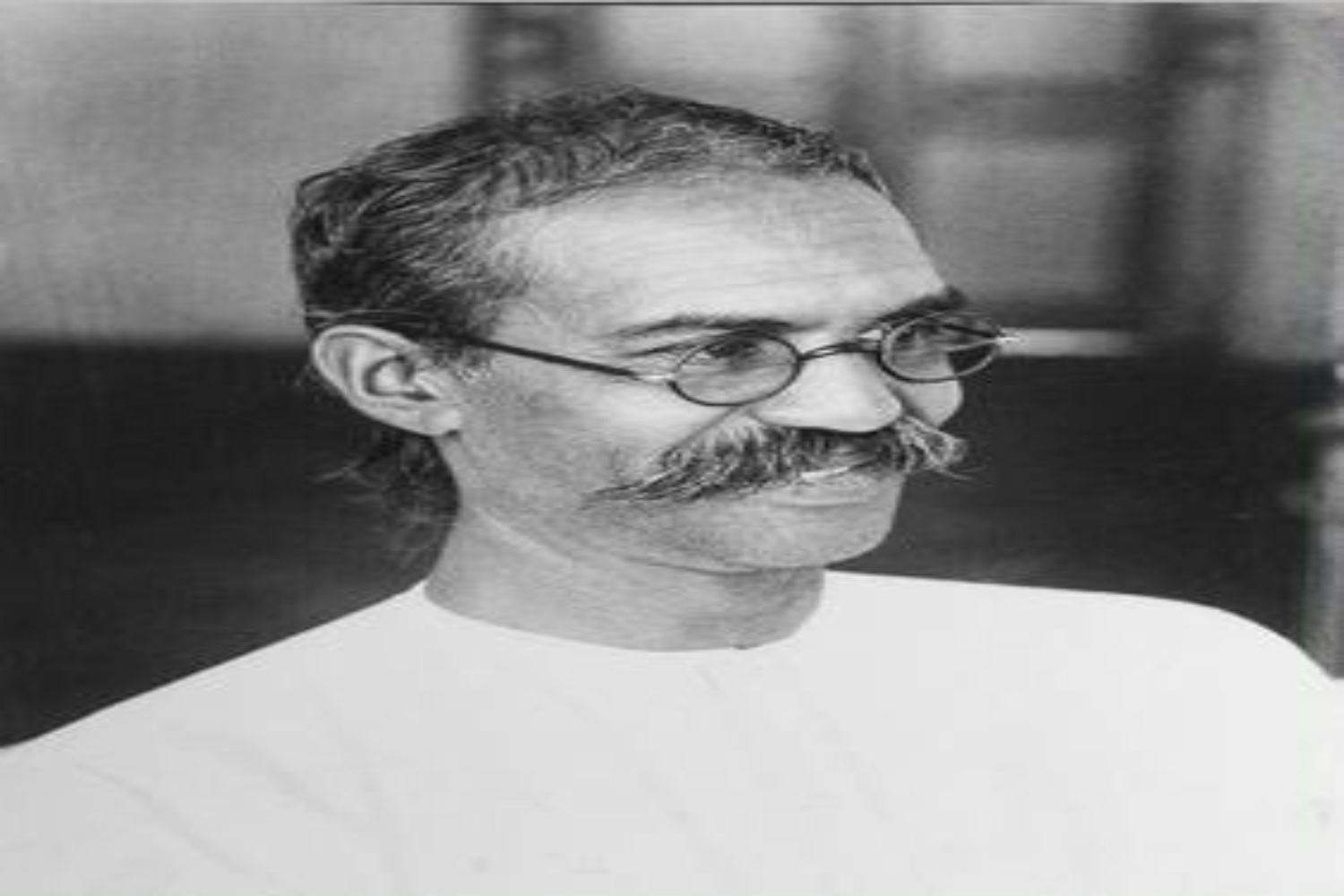
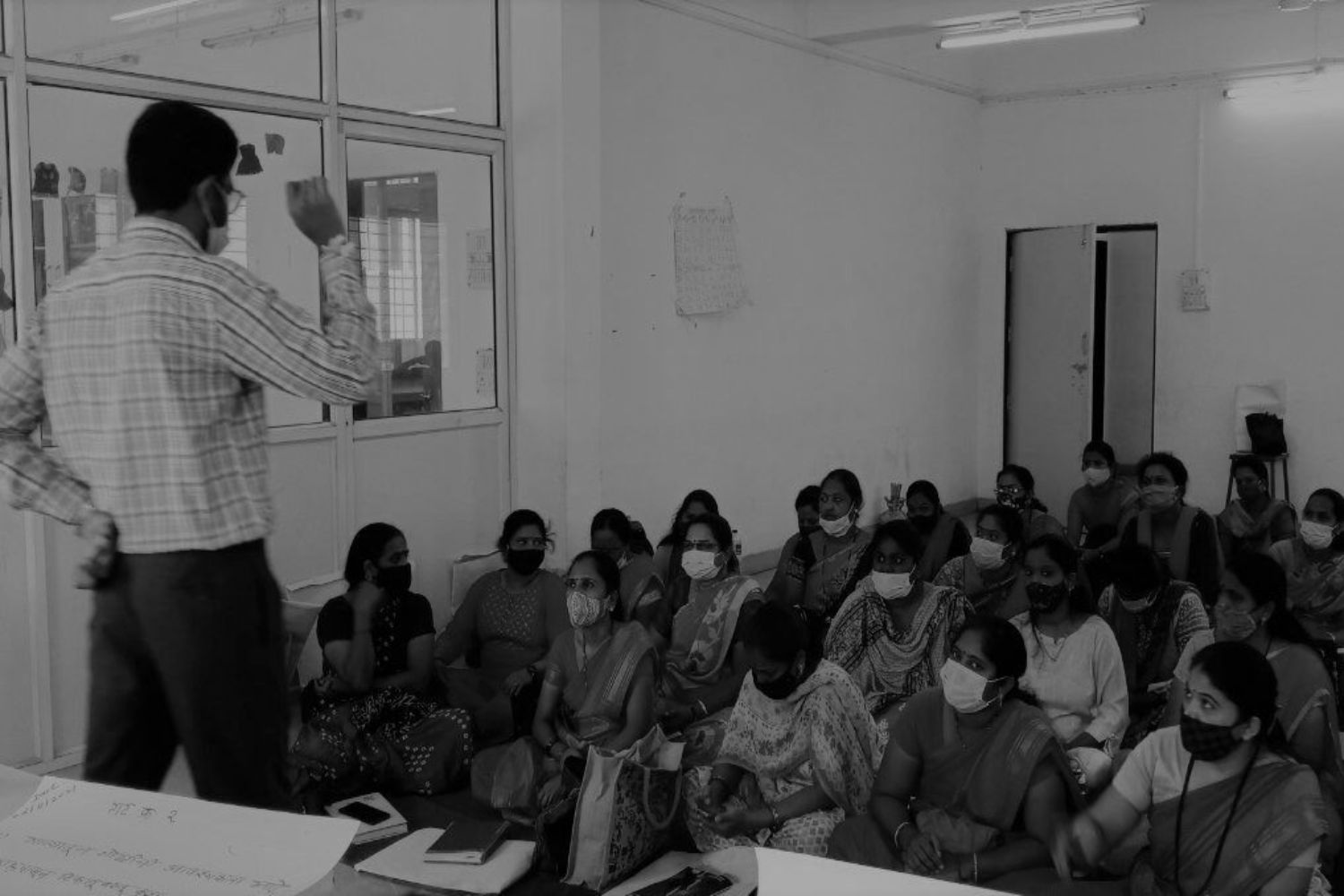
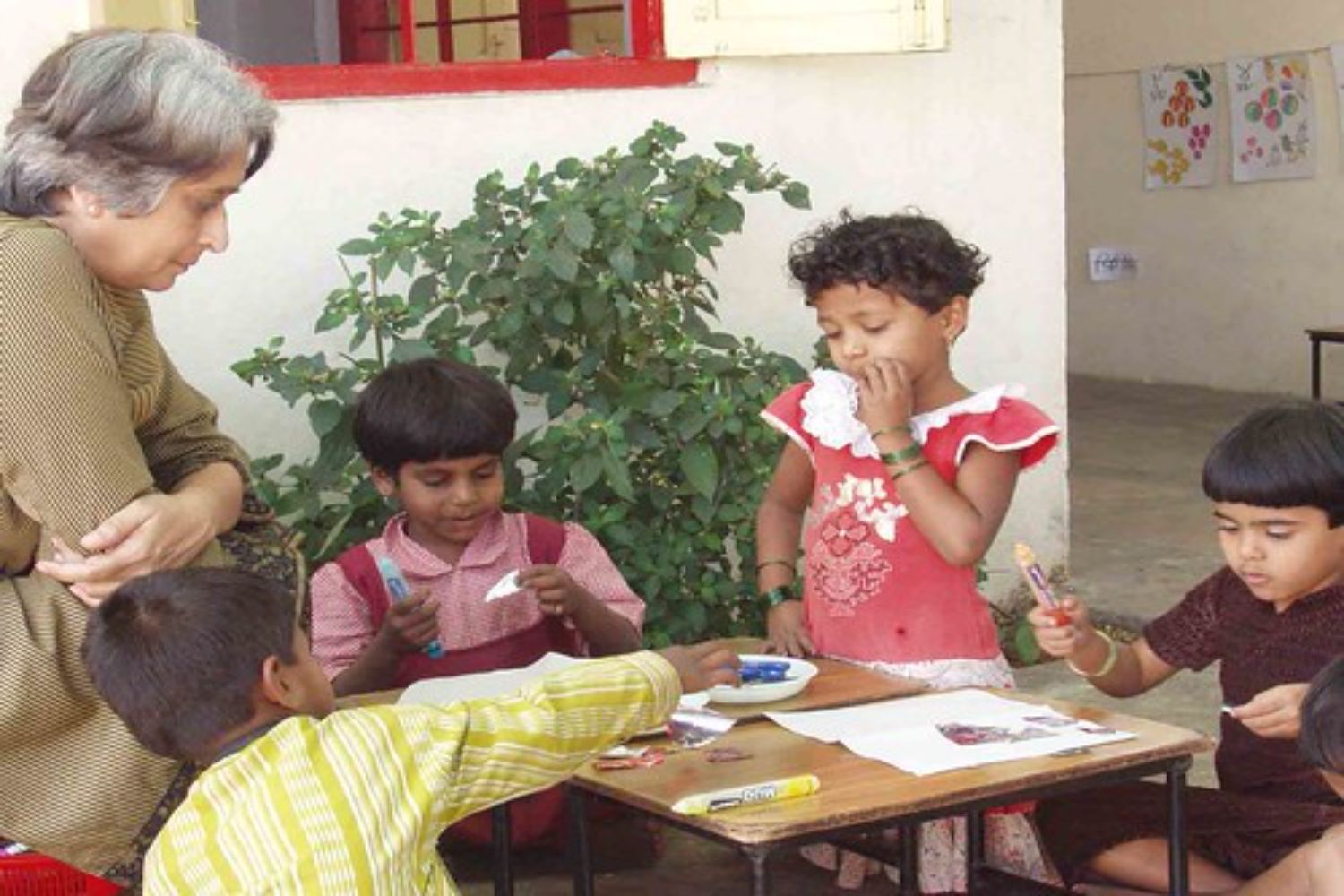
No approved comments yet. Be the first to comment!